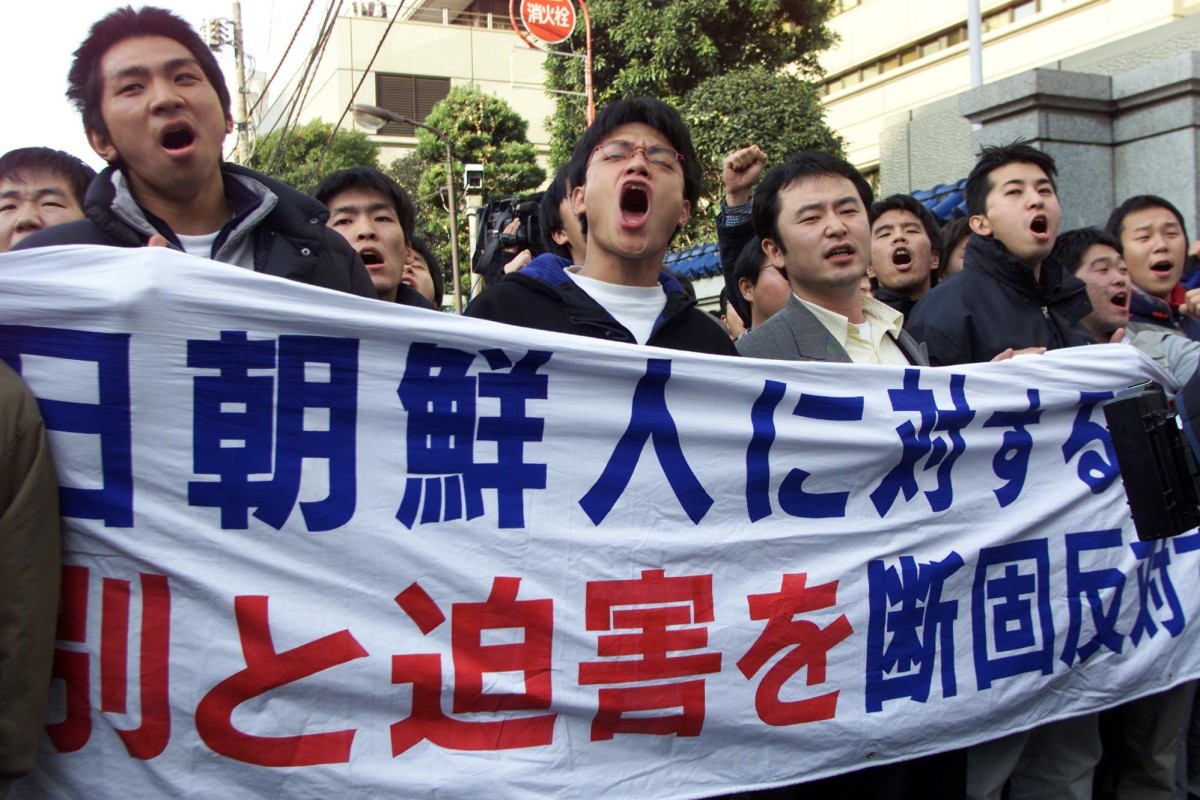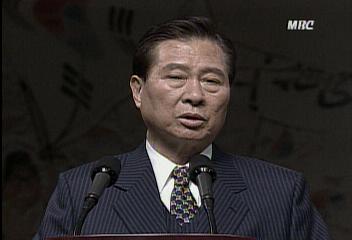- Oct 3, 2018
- 3,326
1998.03.01, Seoul, Republic of Korea
This year’s March 1 Independence Movement of 1919 will not be like the others. This year, the same imperialist power that committed the cultural genocide of the Korean people has returned into official power. While Japan as a state has never been absolved of its crimes against humanity during their four decade colonization of Korea, it was generally expected that Japan would continue on the path of acceptance for its crimes and repentance through fair compensation, acknowledgment of its victims, and just education of its population to the horrors the country leaned against Korea and the rest of Asia. Japan waged an all-out-war on Korean culture when it formally annexed Korea with the help of traitors, had many years prior conducted policies of colonial actions by those in Europe through intimidation and political manipulation and extortion. The symbol of Korea’s severity and independence, the royal palace, was torn down and turned into a tourist attraction for the Japanese upon the colonization of the Korean Peninsula. The Imperial Japanese waged all-out-war against Korean culture, Schools and universities forbade speaking Korean and emphasized manual labor and loyalty to the Emperor. The symbols and nation were forced to adopted Japanese, all films were required to be made in Japanese. Imperial authorities burned over 200,000 Korean historical documents, wiping out the historical memory of Korea and made it a crime to teach history from non-approved texts.Japan forced 725,000 Koreans to work as forced laborers and sex slaves. Hundreds of thousands of Korean women were taken into military brothels against their will, a fact Japan is yet to accept. Japan would continue to portray Korea as backwards and primitive compared to Japan, selectively using Korean art, history, and culture to paint an image of Japanese savoriness to the Korean people. It was clear through their systematic destruction of our culture and identity, the Korean people were nothing more than a barrier in their colonial vision. Koreans initially were banned from adopting Japanese names, however, the Japanese reversed this position as part of an attempt to wipe Korean identity out. Sohn Keechung, a Korean, was forced to play under the Japanese imperial olympic team and under his Japanese name Son Kitei. As Japan had colonized Korea, it would take the gold and bronze medals won by Korean nationals, a crime the IOC has yet to alter and change. Forcing shintoism, worshipping the gods of Imperial Japan, dead emperors, and spirit of ‘war heroes’ who had conquered Korea, Japan’s crimes are endless.
The Ministry of Culture released a tweet commenting Yu Gwansun as a symbol for Korea’s fight for independence/ Yu Gwansun, 16 years at the time, was a young and brave patriot who inspired others to resist against Japan’s colonial rule. Yu’s parents were killed during the massacre of peaceful protests by the Japanese imperial army and forces. Yu was taken to the notorious Seodaemun Prison, where she continued while being tortured, beaten, and starved, to oppose the Japanese government. She was transferred to an underground cell where she was brutally tortured and beaten. Dying at the age of 17, she died from malnutrition and her injures. Yu remains the symbol of the movement that spread across the entire Korean Peninsula. Remind us more of the sacrifices to the nation. However, is a symbol for the catalyst for the movement of all Koreans across the peninsula against Japan’s occupation, her movement led to the spark of life to the Korean independence movement. We commemorate her contributions, and hope that Koreans will continue to live in the long legacy of national heroes, learning from them, and making sure Korea grows as a nation.
As The Republic of Korea holds a commemorative event, it continues to take efforts to raise awareness of Japan's atrocities agains the Korean people. Building upon momentum of Korea's rise to the global stage, many Koreans abroad would seek to raise awareness and educate the global community on the Japan's role. As the Imperial Japanese government was restored, its legacy is only reinforced. The Korean people call on the globe to ban Japan's symbols of aggression including the Rising Sun Flag, to demand Japan atone for their crimes, and to be educated on the issues of comfort women and cultural suppression. On this day, we must remember that the 3-1 movement was a plea for the globes help, to which the globe turned their back on the Korean people's aspirations for independence. The Korean people shall never again be subjected to the terms of colonial impositions by Japan, however, the traumatic experiences can never be forgotten. We hope the globe will continue to challenge imperial Japan and ensure that their imperial past is not forgotten or washed to represent humanism, development, and peace. The first step is to say sorry, but sorry is not enough.



/cdn.vox-cdn.com/uploads/chorus_image/image/64985843/GettyImages_1165865803.0.jpg)


